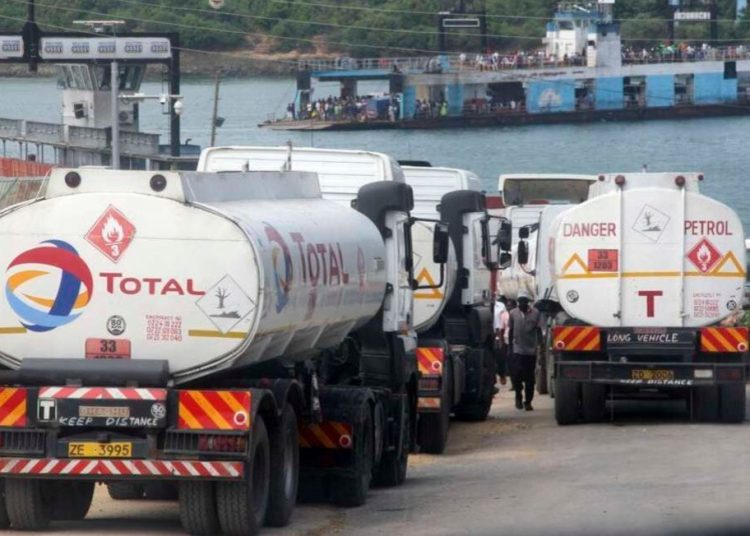Kenya’s trade deficit for the first eight months of the year narrowed by nearly double digits on falling import bills due to reduced expenditure on materials for factories, machinery for infrastructure projects, and fuel.
The deficit – the gap between merchandise exports and imports – fell to Ksh1.01 trillion ($6.8 billion) from nearly Ksh1.12 trillion ($7.51 billion) a year ago, provisional official data showed, the EastAfrican reported.
The 9.70 percent, or Ksh108.42 billion ($726.92 million), drop in the merchandise trade came at a time when growth in the manufacturing sector showed signs of a slowdown while the new administration cut investment in mega public infrastructure projects.
The data, collated by the Kenya National Bureau of Statistics, shows the value of imports fell a marginal 2.05 percent to Ksh1.67 trillion ($11.2 million) in the period January-August 2023 compared with the corresponding period last year.
Earnings from exports, on the other hand, increased 12.63 percent to Ksh656.05 billion ($4.4 billion), partly helped by a stubbornly sliding shilling against major currencies such as the US dollar, sterling pound, and the euro.
“We expect exports to increase by about 6.7 percent basically driven by tea and horticulture exports. At the same time, we expect imports to remain broadly unchanged,” said Central Bank of Kenya governor Kamau Thugge on August 9.
“That slower increase in imports and a large increase in exports will improve our trade balance and current account deficit.”
The year-on-year drop in import bills in the eight months was helped by reduced expenditure on industrial supplies, and intermediate goods, which fell 9.36 percent to Ksh585.62 billion ($3.93 billion).
Expenditure on fuel and lubricants dropped 7.92 percent to Ksh408.54 billion ($2.7 billion), the Kenya National Bureau of Statistics data shows, in part reflecting the moderating cost of the commodity from last year’s peaks.
The value of machinery and other capital goods similarly fell to Ksh186.03 billion ($1.25 billion) in the review period from Ksh198.48 billion ($1.33 billion). The import bill for food, nonetheless, climbed 52.61 percent to nearly Ksh240.10 billion ($1.61 billion), replacing machinery to become Kenya’s third largest shipment from abroad after industrial supplies and fuel.
Kenya has over the years struggled to narrow its goods trade deficit partly due to reliance on traditional farm produce exports such as tea, horticulture, and coffee which are largely sold raw, fetching lower earnings.
Most Kenyan traders export produce raw because of higher taxes slapped on semi-processed or processed products in destination markets like Europe, fearing that value addition will make exports less competitive in the global markets.
“Kenyan products are competing with products from all over the world and, therefore, we need as a country and even at factory level to be globally competitive,” Kenya Association of Manufacturers chief executive Antony Mwangi told the Business Daily in a past interview.
“If you look at some of the goods that we sell [abroad] like apparel, even with duty-free access to the US market, we are still 15 to 20 percent more expensive than our competitors in Central Asia like Bangladesh and Sri Lanka. The reason is that production cost in Kenya is very high because of expensive power, water, and labour.”
The EastAfrican














